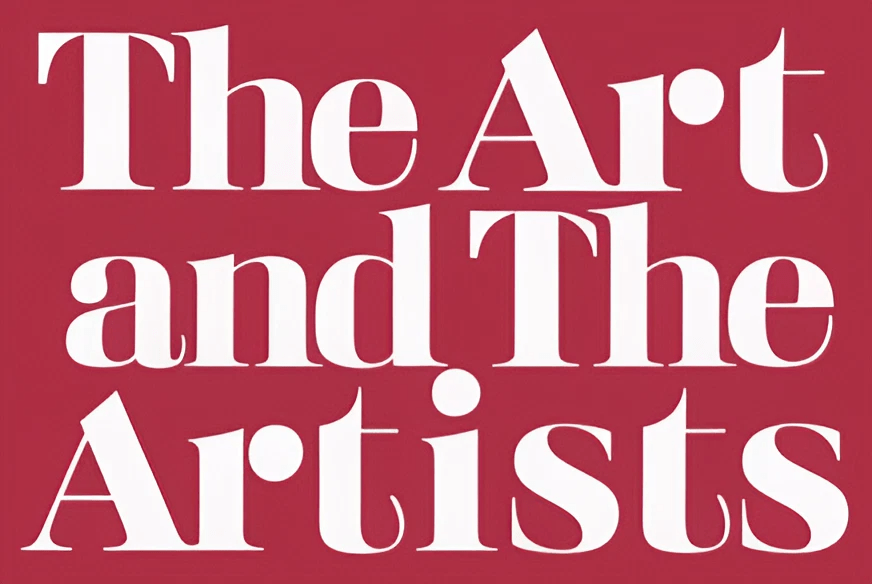Writing for different platforms (e.g., cinema, streaming, TV)
Writing for the cinema, streaming services, and television calls for sensitivity to each format’s peculiar requirements and opportunities. For cinema, this translates into a much more rigid setting: three-act structures and an intended single viewing in one sitting focused on big, visual moments and emotionally resonant scenes within a 90 to 120-minute runtime.
By contrast, television scripts, as series typically are, need to be formatted for episodic storytelling, where each episode can take from 30 to 60 minutes. TV scripts need to be sold to an audience fast, maintaining a continuous speed, and often close off on action that could bring them back a week later. In addition, TV writers have to think long-term in terms of character arcs and storylines stretching across a season.
Writing for streaming mediums therefore amalgamates elements of cinema and television. They may be made for television episodic content, but they still have the flexibility to have various episode lengths and be binge-watchable, which will sustain more complex storylines and crossed story arcs. Streaming scripts are allowed to be more experimental in structure and content due to the diversity of audiences on the platform and often the niches.
No matter the medium, every script should be clear, engaging, and formatted professionally, with careful regard for each medium’s individual storytelling needs and audience expectations.
Let’s listen to Tyler Mowery where he talks about Understanding the Differences between Film Vs. TV Writing.
